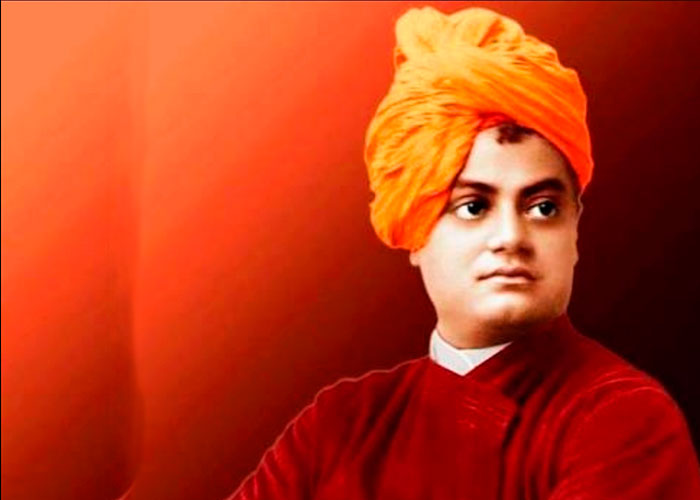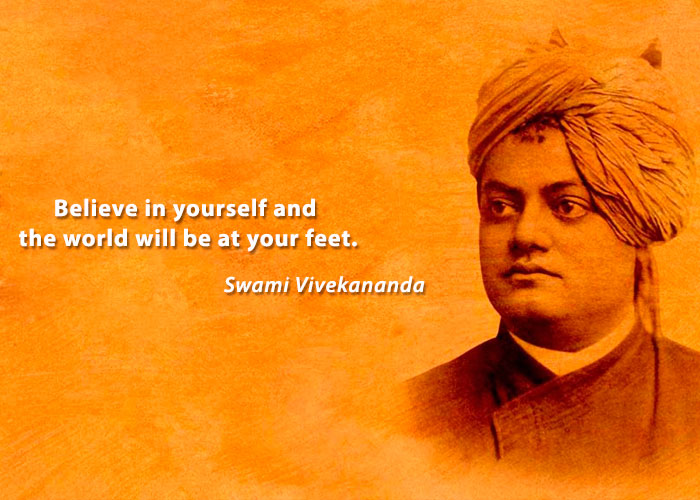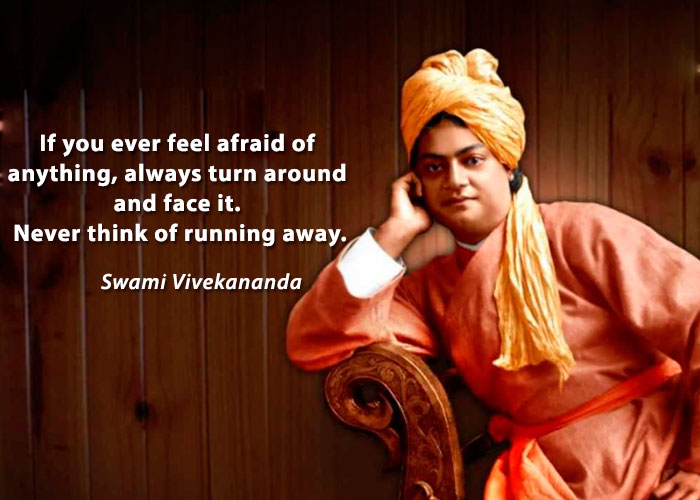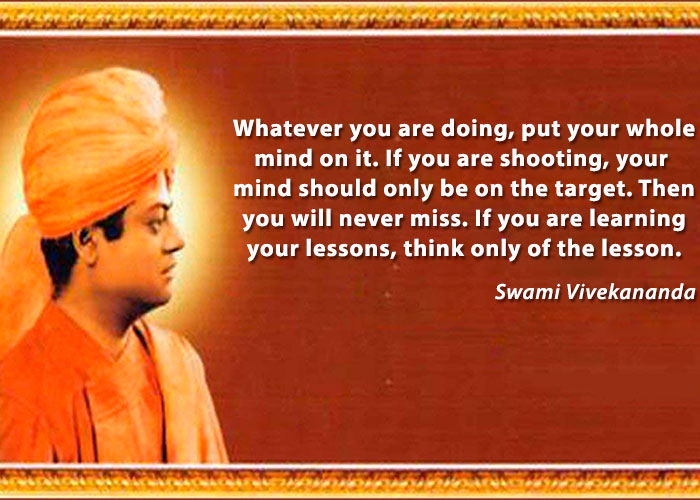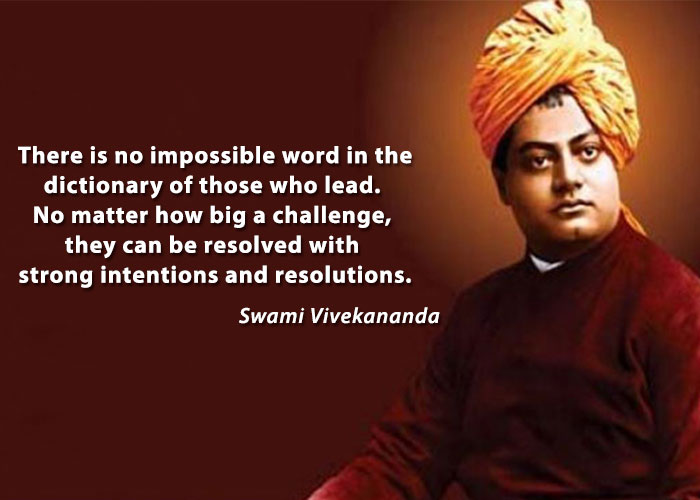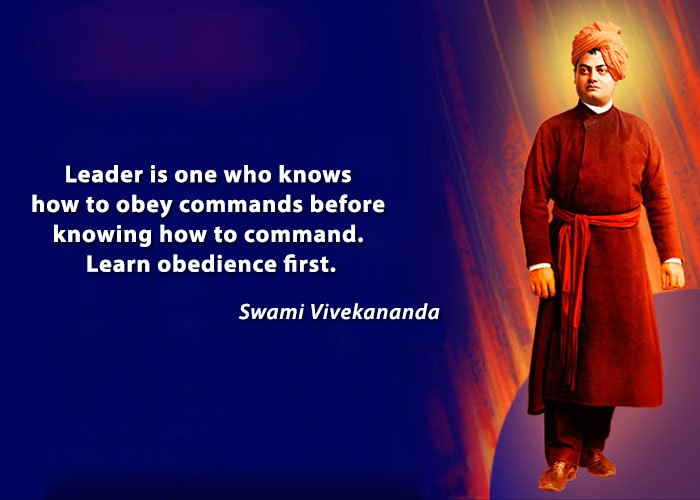When Leaders Need to Act Tough

Leadership is hard. It gets harder in the world driven by technology, where people spend very little face time even when they are working next to each other. As a leader, you need to set the tone, culture and high standards. Sometimes, you need to act tough and draw the line between what is acceptable and what is not.
Great leaders act tough when they need to; they are not compelled by the circumstances and situations. They are ready to take temporary setbacks for accomplishing their long term vision. Here are some situations when leaders need to act tough:
1. Status Quo
A leader needs to get things moving and challenge the status quo all the time. No organisation or institution can excel without action and relentless pursuit of improvement. A leader needs to set the pace for their team and drive people to accomplish greater things together.
2. Politics

Nothing is more crippling for organisations than politics. It spreads like cancer. The earlier you tackle it, the better it is. No successful leader encourages politics; infact, they deal with it with an iron fist. People who take the route of politics often end up messing their own careers and achieving very little in the long run. Leaders encourage creativity instead of politics.
3. Mediocrity
Great leadership promotes excellence not mediocrity. Far too often people are keener to do what is easy rather than what is meaningful. Leadership needs to challenge mediocrity and push people to achieve higher standards.
The best way people rise in life is by raising their standards. When people take pride in what they do, they produce great work and grow. Great leaders push average employees into superstars by placing their faith and encouraging them to succeed.
4. Lack of Discipline

Discipline and commitment are non negotiable. Leaders never compromise on discipline and work ethics. When everyone breaches the code of conduct and rules, they should be dealt with proper action.
Great leaders establish great culture by enforcing meaningful rules and policies that can help them achieve synergy in the group. People who are casual about things are rarely disciplined to achieve success.
5. Negative Attitude
Negative attitude is a serious disability. When people spread negativity, lie and gossip, it creates a vicious cycle. Nothing good is achieved from it. It makes people fall into a trap where they simply create a cocoon of negativity around them.
People who are negative find a way to complain about everything. They don’t believe in what they are doing and discourage others from giving their best too. In the end, they only waste their time in negativity and never achieve anything worthwhile. Leaders need to distance themselves and their organisations from such people.
6. Dishonesty & Unethical

When people are dishonest with each other, they create an environment of suspicion around them. Top leaders encourage open communication and honesty. They like to lead with high integrity and character. When teams know they can trust their team members and leaders, they are likely to succeed.
7. Misplaced Priorities
The real world has dynamically changing priorities. Teams and individuals must understand the priorities in order to achieve what they want. The role of leadership is to constantly communicate what is important and requires attention.
If someone in the team doesn’t understand the priorities, deadlines and urgency of things that need to be done, leaders need to act tough. They need to take action to ensure that things are not repeated by others.
8. Unfair treatment

One of the fundamental tenets of leadership is to treat others with respect. Each and every team member is equal. When someone shows a biased attitude and treats other people unfairly, leadership needs to take stringent measures.
Rudeness and unfair treatment of others shouldn’t be tolerated by leaders. They must act to ensure that everyone is treated equal irrespective of their designations of what they do.
9. Excuses
There are two kinds of people, one who give you the excuses and others with the results. Leaders need to identify people who are always looking for excuses and deal with them. When the stakes are high, you cannot back off and give excuses.
Leaders need to inculcate a great spirit in their teams where they consistently give their best and resilient enough to succeed. They should adopt and attitude of learning and experimentation to produce the goods.
10. Poor Results

Leaders expect positive outcomes and progressive work. When teams and people are not producing the results, leaders need to analyse the missing pieces in the puzzle. If the teams are not really connected to their work or find meaning, they often produce poor results. Leaders need to understand the sensitivity of people, but never compromise on results and growth.
Poor results don’t lead to progress or growth. Ultimately if you need to grow, you have to deliver great results, surpass expectations and achieve excellence. It is always possible to achieve it when you give your best. Great leaders strive for progress and results.

